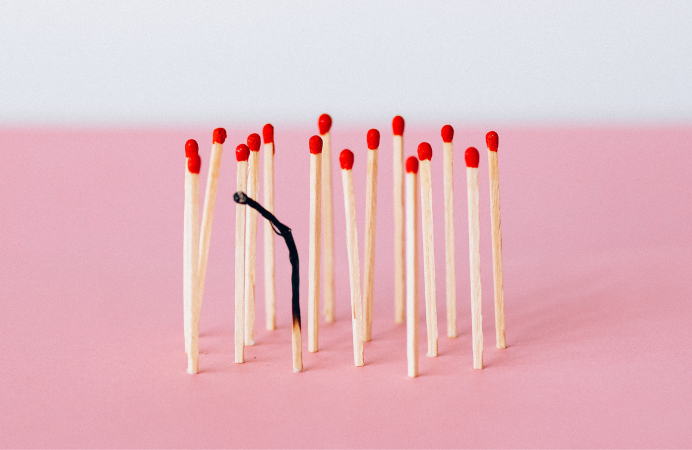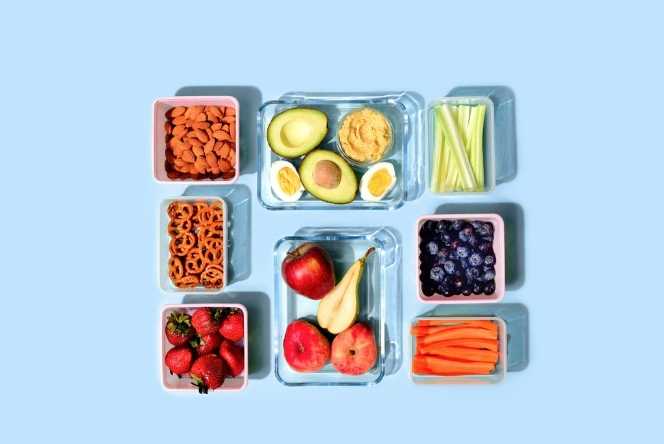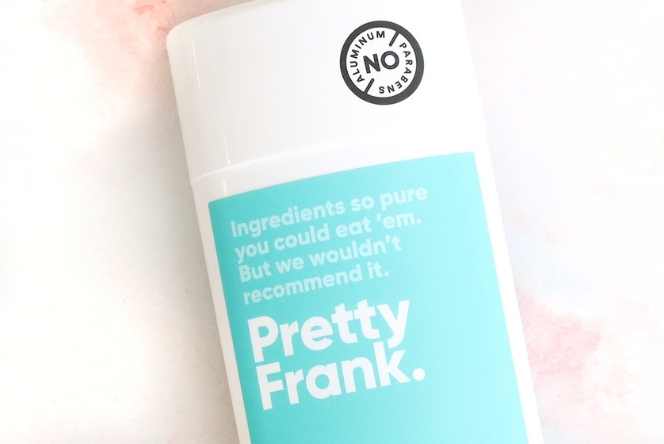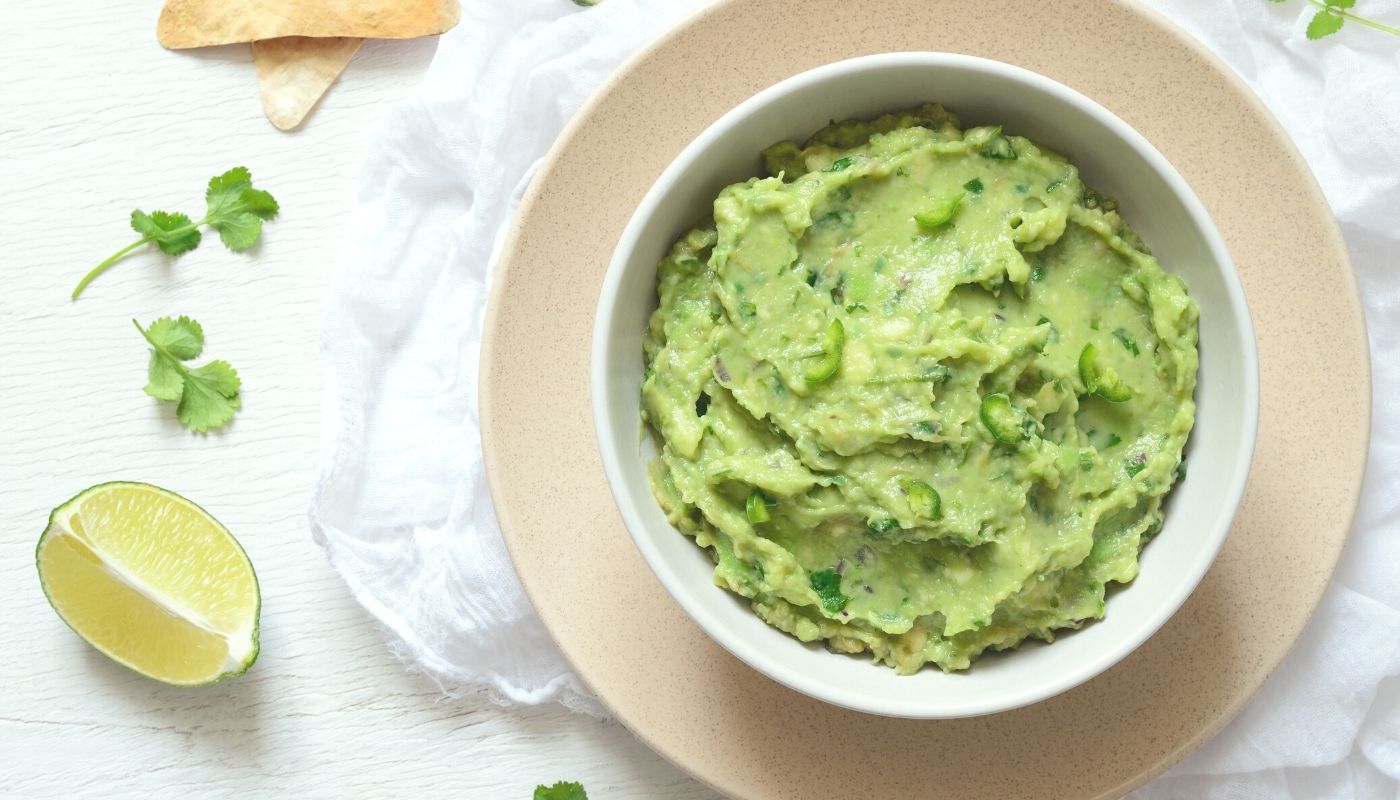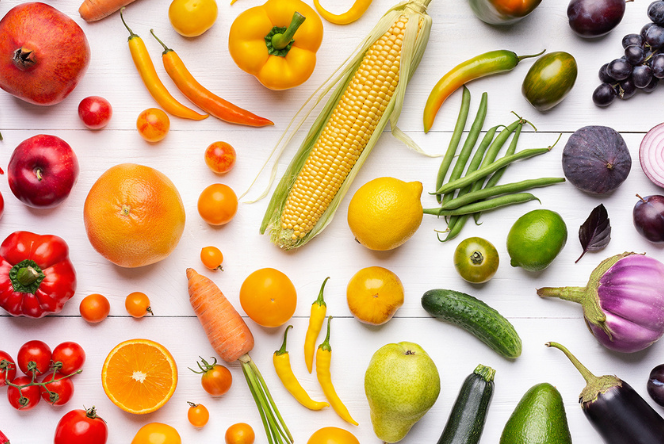People often say, “You have to love yourself before you can love others.” And while you may have heard this in the context of cheesy dating advice, self-love is, in fact, a necessary step in living a happy life. It’s true that we cannot give to others that which we don’t first possess.
What Is Self Love?
Self-love is all about learning to show up and care for ourselves in all seasons of life in the same way we do for others. It means showing ourselves grace and compassion regularly, regardless of what the scale says, how we look, or what others think. When we start loving ourselves, confidence, joy, and security radiate from the inside out.
“Self love is being kind, gentle, and compassionate towards yourself. Self love is patience; it’s understanding; it’s forgiveness… it’s about finding balance in life.” —“Body Belief” by Aimee E. Raupp
For some, loving themselves comes easily, but for others, like me, it has been a process. I’ve never publicly shared that I was significantly sexually assaulted at age 13 and then bullied (and further traumatized) thereafter. It was a sudden and unexpected event that left me picking up the pieces for years. I became furious after that happened – furious at my abusers, furious at the world, furious at myself. This, coupled with a chaotic and unstable upbringing, created deep-seated beliefs that I was somehow to blame, unworthy of love, and that there must be something wrong with me.
Later in life, striving for perfection and burning the candle at both ends (professionally and personally) contributed to my health crash after my father died. It wasn’t until I began to really take back the power over my own health from a mental and physical standpoint that I began to heal.
The self-love process involves paying attention to your body. I was an avid athlete, so I learned to ignore and shut out my body’s warning signs and push through the pain at a young age. My skin flares are often a visible reminder that I’m not paying attention to and supporting my body in the way it needs, or I’m not practicing loving-kindness. In my experience, skin flares, headaches, and fatigue are warning signs to me that I need to slow down, listen to and reconnect with my body. And your skin is often a mirror of what’s happening internally.
“I can confidently say that whenever our health issues come up, whatever they are we have a few things in common. We are disconnected from our bodies, we are believing unkind things about ourselves and our bodies, and we are exposing our bodies to too many toxins both emotionally and physically.” —Aimee E. Raupp

Practical Ways to Practice Self Love
1) Journal. Cultivating gratitude by reflecting on wins and reasons to be thankful will train your mind to be more positive. You can do this in a gratitude journal by writing down three things you’re proud of or grateful for each day.
2) Think about what you’re thinking about. Have you ever heard of neuroplasticity? It shows how powerful our brains are if given a chance to grow and change. When we learn something new, we create new connections between neurons. Our brains become rewired to adapt to these learnings. While this is something that happens naturally, it can also be stimulated by feeding our brains with new thoughts and information.
Teach your brain to create more positive thoughts by looking in the mirror and telling yourself your mantra each day. It could be something like: “I love _______ about myself. I am kind, confident, and capable of anything I set my mind to. I am healthy and thriving.” The sky’s the limit! Choose something that feels right for you but also pushes you to think positively.
3) Identify the false stories and narratives inside your head. You know those negative thoughts about your body swirling inside your head? Your brain hears every single one of them and responds chemically to that negativity on a cellular level. What you believe causes how you behave and how you behave dictates your health. You take away their power by bringing them to light and then analyzing the negative stories you’re telling yourself.
“The average person has about 50,000 thoughts each day, and each thought influences chemical messengers in your brain and how your body functions.” —Aimee E. Raupp
As a Christian, the more I’ve made peace with my past and learned to rest in who I am in Christ, the more I’m reminded that I don’t have anything to prove to myself or anyone else. Self-love is all about being aware of where you place your identity and self-worth and learning to be ok with what makes you unique.
Life can be complicated and hard. Those painful parts of my story that used to feel like bottomless pits now feel like assets. The more I’ve leaned into God and allowed him to mend the broken pieces of my heart, the more I’ve found freedom and the ability to relate and have compassion for others.
4) Renew your mindset. Often, the only thing standing in the way of us loving ourselves is ourselves. Each day, you have a choice to either feed your brain toxic thoughts or loving ones. You have the power to rewrite a different story about yourself that allows you to flourish and heal.
“If you want to change your life, [your story] needs a re-edit.” —Harvard Medical School professor John Sharp
If you’re like many, your mindset about your body may sound something like this: “I can never seem to do anything right. I’ll never be able to do _____. I hate the way I look! I’m always sick. I’ll never be able to get well.”
Choose to rewrite those negative thoughts to be more compassionate: “I’m striving to be the best version of myself. Change is a process. If I work hard, I’ll one day be able to do _____. I love the way I look, imperfections and all! I’m healing my body. Healing takes time.”
5) Ask your body what it needs to heal. Remember, it’s important to listen to your body. It may already be giving you signs that it needs a little more love and attention. Take time to slow down so you can see and understand the warning signs (frequent headaches, skin flares, anxiety, etc.) your body may already be giving you.
6) Practicing forgiveness. Our mind and body are interconnected, and it responds to our thoughts and feelings.
“The brain and peripheral nervous system, the endocrine and immune systems, and indeed, all the organs of our body and all the emotional responses we have, share a common chemical language and are constantly communicating with one another.” —Dr. James Gordon (founder of the Center for Mind-Body Medicine)
Making peace with your past by forgiving ourselves for our shortcomings and mistakes and by forgiving those who have hurt us is one way to allow your whole self to heal.
“In order to love who you are, you cannot hate the experiences that shaped you.” —Andrea Dykstra
Loving and accepting yourself means making peace with your past. Some of us have walked through some really, really hard things in life. Forgiving doesn’t mean forgetting or excusing what happened to us, but forgiveness is always a choice. When we’re in the thick of it, sometimes choosing forgiveness is a day-by-day or hourly process that gradually becomes easier.
We forgive to free ourselves from the toxic poison of bitterness, anger, and hatred that slowly erodes away our peace, joy, and even our health. It has been said that holding onto bitterness is like drinking rat poison and expecting the other person to die. Life is short, and it is fleeting; it’s far too precious to waste it being suffocated by bitterness and anger.
7) Get help. For further support, consider seeking a counselor for cognitive therapy or an Eye Movement Desensitization and Reprocessing (EMDR) therapist.
“Trauma affects the entire human organism—body, mind, and brain…The stress hormones of traumatized people, in contrast, take much longer to return to baseline and spike quickly and disproportionately in response to mildly stressful stimuli… Being traumatized means continuing to organize your life as if the trauma were still going on—unchanged and immutable—as every new encounter or event is contaminated by the past.” —Bessel Van Der Kolk
What Does Self Love Look Like to You?
I asked some friends 1) Does self-love come easily to you? 2) What does self-love look like to you? Below is a sampling of their responses. I encourage you to ask yourself these questions too. Write down and reflect on your answers. You may be surprised by your own responses.
“Originally no, because ultimately I didn’t really understand what self love meant. I was a prime example of being my own worst enemy, treating myself like a drill sergeant. I think self love is something that evolves as we grow. I’m at a stage now where I am practicing being gentler with myself, similarly to the care that I would treat a child.” —Denayah
“Self love comes easily for me. When I was in middle school, I remember feeling insecure about something and sharing it with a teacher who said, ‘God doesn’t make mistakes! Everything you are is perfectly you.’ That stuck with me through the years and I’ve learned that if I’m not happy, I can’t spread love and joy to others around me.” —Dana
“Self love did not come easily for me in the first half of my life. I lived in a lot of comparison, wishing my body was different, looking for happiness in the next goal, next achievement. I’m so thankful I no longer live in that space and if I find I slip into old habits, I have the tools to quickly redirect myself back to self love. Self love to me means that you are happy in the moments where it is just you, sitting silently alone. Not letting your past define you, being present and grateful for you.” — Julie C.
“Self love doesn’t come easy, but easier as I’ve worked on it over the years. Mostly focusing on being aware of how I talk to myself or how my thoughts are impacting me… A lot of the time, when we start being rude to those around us or those we love, it’s a strong signal that, ‘Hey, take a second and make sure you are loving yourself.’ It’s hard to let others love you when you don’t love yourself, so that was a really tough lesson in avoiding self-sabotage.” — Marcy
“For me, self love is keeping a positive frame of mind. Due to the various health issues that I’ve faced, it has impacted my career. Prior to having children, I was ambitious and I loved being productive. I often worked two jobs, or worked full time while getting my MBA.
However, over the past decade, it’s definitely been a one step forward, two steps back. I am now working retail, (for FAR less). It’s important for me to focus on the positive – that I am doing something that I enjoy, at a pace my body can handle. And to not worry about the loss of income. These days I am proud that I am actually able to get out of the house instead of staying home. That for me is a victory!” — Kelly
“Self love hasn’t come easily for me and honestly, I don’t think it comes easily for anyone. Our tendency as humans is to be overly critical and judgmental of ourselves and others. Self love for me is centered around self awareness – I have to first acknowledge that I was created with a certain personality, gifting, strengths, weaknesses, beliefs and fears. If I don’t identify those, I don’t have a foundation for understanding or knowing what it looks like to take care of myself.
I also have to acknowledge that I’m an imperfect person raised by other imperfect people, which means that having flaws is inevitable. But, recognizing this brings me freedom. My normal is okay. My strengths and my quirks make me unique and understanding them allows me to function to the highest capacity, how God created me to be, fulfilling His plan for my life. Ignoring our needs, comparing ourselves to others or embracing a lifestyle of constant distraction limits our ability to contribute, and we were created to contribute in unique and amazing ways! Self love frees us to make such an impact on the world around us.” — Galyn
“Self love has not come easily to me for different reasons. In middle and high school I battled various insecurities, which were heightened by being bullied. Then at church I’d hear sermons preaching against vanity and pride. In my immaturity and confusion, I grouped a healthy self image/self love into being vain.
What does self love mean to me now? It is first to understand God is love and God’s love for me, then to understand who I am in Christ. And finally to love the unique person that God created me to be with the gifts and talents he created me with. I am his daughter and I should love and be proud of that. It took me awhile to fully understand all those things. I cannot love others if I don’t first love myself.” — Julie M.
Additional Reading:
“The Insight Cure: Change Your Story, Transform Your Life”
“The Deepest Well: Healing the Long-Term Effects of Childhood Adversity”
About Me

I’m so glad you’re here! If we’ve not yet met, my name is April Likins, and I’m a board-certified health coach trained at Duke Integrative Medicine and the Institute for Integrative Nutrition.
I’m fiercely passionate about helping busy women create sustainable long-term changes with their health so they can live happier lives, experience more energy and joy, and feel their best inside and out!



